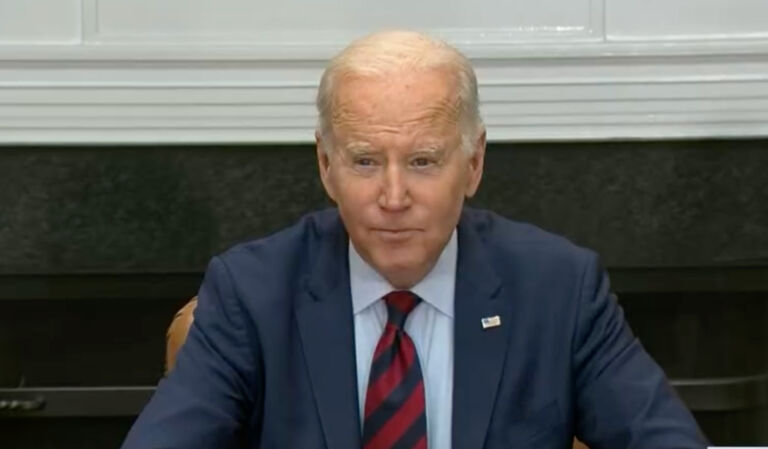The answers to these questions are, except in the most trivial sense, no and no.
Solar energy is said to be renewable because it is "naturally replenished." One source defines solar power as renewable because "there is an endless supply." But the truth of the matter is that in any meaningful technological, economic, or practical sense solar is anything but renewable.
For any BTU of usable energy generated by the sun it is highly unlikely that, as it is used, it can or will be renewed by another BTU of energy also generated by the sun. This is because, unlike the claim above that "there is an endless supply" of solar power, on any given day there is a very finite supply and on some days no supply at all of sunlight that is usable for conversion to electricity.
The extent to which electricity generated by solar power can be actually renewed by electricity that is also generated by solar power is completely dependent on the time of day that the electricity is used to light a lamp, run an air conditioner, or heat a hot water tank. If I generate electricity from the solar panels on the roof of my house at 2:00 in the afternoon to run my air conditioner, to renew that used electricity at 6:00 PM to cook my dinner would be impossible. In fact I would have to turn to an entirely different source of energy, one whose renewability does not depend on whether or not the sun is shining, like coal, natural gas, or nuclear power. It is meaningless to refer to an energy source as "renewable" if it can’t be renewed as needed. If my solar energy does not allow me to renew the electricity that I use at 4:00pm until 10:00am the following morning, in what practical sense can that energy source be called renewable? The answer is none.
Of course this is not only true for the household with panels on its roof but also of solar generated electricity being put onto the electrical grid, and for all the same reasons. It seems to be a dead give away that there is not "an endless supply" of an energy source or that it is not "naturally replenished" if for most hours of any given day it needs back up generation from a supposedly non-renewable conventional energy source. Indeed, in a practical or even meaningful technological sense, which is the truly renewable energy source (i.e. that which is renewable on command for the purpose of generating electricity) the sun or coal or natural gas? Clearly it must be the latter two. In fact it is solar power’s lack of renewability when actually needed that makes it so expensive as compared to these other sources.
So what does this imply for the claim that the sun is a "free" source of energy? If the word free refers to price in the economic sense then the claim is misleading at best. The price of the sun as an energy source is completely bifurcated. Energy from the sun has 2 prices, zero and infinity. On a clear day at noon it’s free, and on that same day at midnight it’s infinite. That is, it cannot be obtained at any price. The same is true for sunny vs cloudy days. Let’s be generous in our assumptions and presume that the sun can provide energy for generating electricity for eight hours/day. Of course the real number is, on average, nowhere near this, given that there will always be cloudy days where no usable sun is available at all. This means that for 16 hours out of every day the price of solar as a usable energy source is infinity.
It is time to stop referring to solar power as "renewable" or "free." These are propaganda words that are meant to color the political debate about energy policy in favor of subsidies and special privileges for sources like solar and wind power, which also suffers from the same problems discussed here.
Click here for the Economics & Environment Update archive.
You can unsubscribe to this and all future e-mails from the John Locke Foundation by clicking the "Manage Subscriptions" button at the top of this newsletter.


